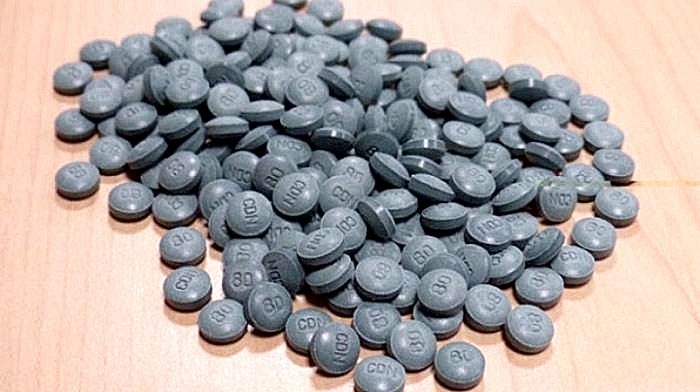Health officials are urging anyone using drugs to take precautions after a surge in overdose deaths over the weekend and in the past month.
Last week as many as 13 people died of suspected overdoses; most were in Vancouver's Downtown Eastside, with one in Burnaby and two in the Fraser Health region. More testing is needed before the BC Coroners Service can confirm whether the deaths involved the powerful opioid fentanyl.
A coroner's report released Monday found there have been 374 illicit drug overdose deaths with fentanyl detected to the end of October — a 194% increase over the same time last year.
The majority of deaths (123) were in the Fraser Health region, which includes the Tri-Cities.
At a news conference Monday, chief coroner Lisa Lapointe said her office is not sure what's causing the sudden surge in deaths, particularly given the harm-reduction measures that have been implemented this year.
"Clearly, illicit drugs are becoming increasingly unpredictable and increasingly perilous," Lapointe said.
The BC Coroners Service stressed the need for anyone using illicit drugs to never use alone, have naloxone and medical help readily available when using, and to use an overdose prevention site or supervised injection site if possible.
When all illicit drug overdose deaths are counted (those involving street drugs including heroin, cocaine, methamphetamine, fentanyl), there were 755 up to the end of November — a 70.4% increase from the same time last year.
In November alone, 128 people died from illicit drug use, an average of more than four per day. The previous high for a single month was 82 in January of this year.
According to the BC Coroner's Service, fentanyl-detected deaths seem to account for the significant increase in drug deaths since 2012 as the number of illicit drug overdose deaths excluding ones where fentanyl was detected have remained relatively stable — an average of 293 per year since 2011.
Again, the Fraser Health region had the highest number of illicit drug overdose deaths from January through November; the 259 deaths represent 34.4% of all such deaths in B.C. during that period.
On Monday, Fraser Health announced it was implementing temporary overdose prevention services in Maple Ridge (two locations), Langley and Abbotsford in high-risk settings such as homeless shelters. The efforts include outreach personnel to prevent and reverse overdoses, and to help get people out of the cold weather, but will not include supervised drug consumption.
The provincial government has implemented a cold-weather strategy to address the overdose crisis in several hard-hit communities, including opening a mobile medical unit in Vancouver's Downtown Eastside and 18 prevention sites in Vancouver, Surrey, Victoria, Maple Ridge, Langley, Abbotsford and northern B.C.
As well, the federal government has simplified the approval process for supervised consumption sites and is aiming to interrupt the flow of illegal drugs into Canada by prohibiting the importation of pill presses and giving Canada Border Services agents more authority to open suspicious packages.
[email protected]
@spayneTC



